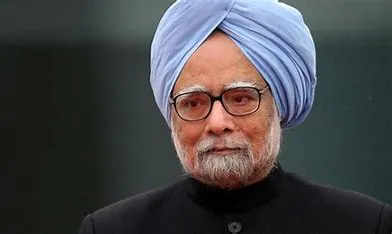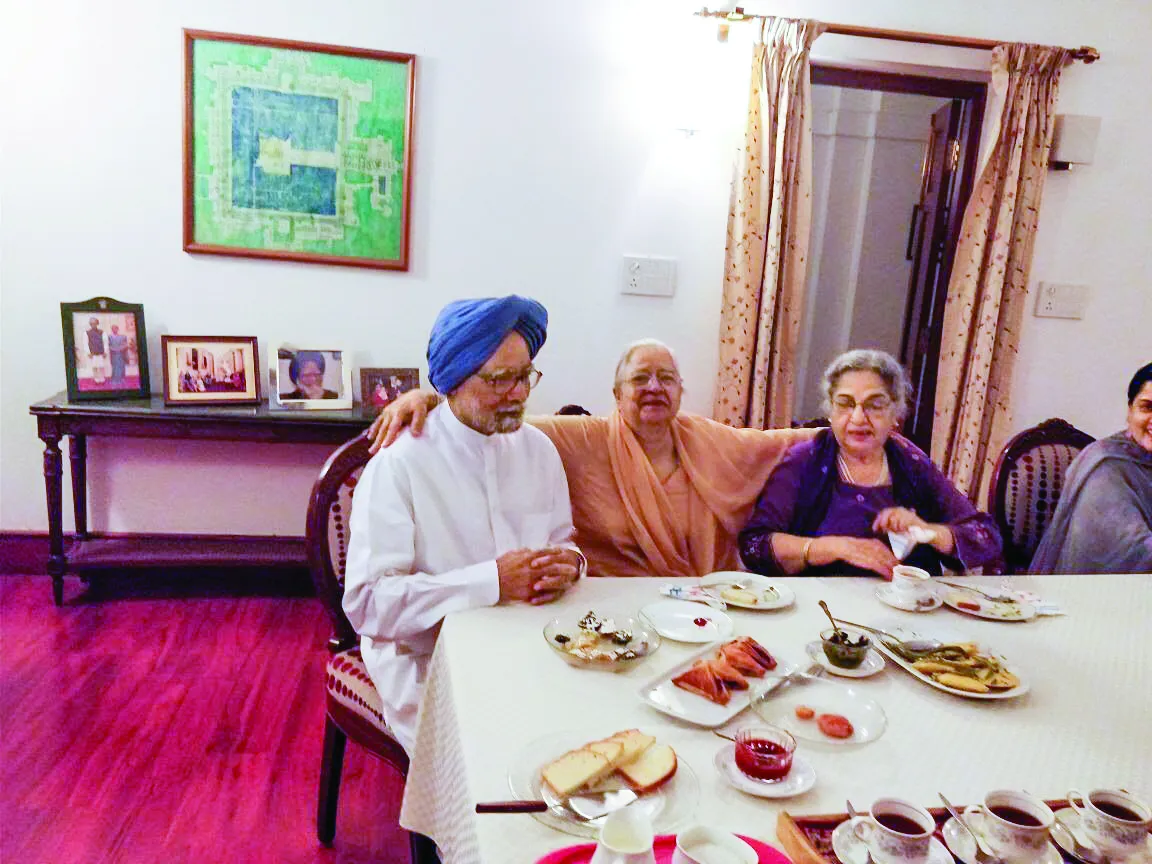Ludicrous scenes of multi-hued political parties’ leaders with brooms in their hands, are being seen doing rounds on television commemorating him regarding “swachhta” (cleanliness)! This won’t do unless there’s cleansing of heart followed by the cleanliness of the poor voters’ stinking areas! Tragedy with Mahatama Gandhi is that he is just ritually remembered by us on the occasion of his anniversaries but he is worth remembering each day owing to his sagacious words that contain wisdom for all ages and in all times!
Following below is the voice of sanity for all occasions and all walks of life by that great saint of peace and harmony that the author had translated from his personal record of the hand-written Urdu jottings of Maulana Abul Kalam Azad, based on the prayer meeting of Mahatama Gandhi delivered at the huge Patna ground (today named after him), on March 12, 1947 at a time when human values were torn off and communal frenzy was at its ugliest.
Maulana often said that Gandhi was a man of family and was rooted to the family basics. How down to earth, Gandhi was and how duty to him was of paramount importance, is reflected in these words, “Duties to self, to the family, to the country and to the world are not independent of one another. One cannot do good to the country by injuring the world at large.
“Religion is one tree with many branches. As branches, you may say, religions are many, but as tree, religion is only one. No religion taught man to kill fellowman because he held different opinions or was of another religion.”
Mahatma Gandhi had said, “Religions are not for separating men from one another, they are meant to bind them. I do not expect India of my dream to develop one religion, that is, to be wholly Hindu or wholly Musalman but I want it to be wholly tolerant with its religions working side by side with one another.”
In the same prayer meeting of the Mahatama he pacified people saying, “It is no justification to argue that the Hindus damaged the mosque because the Muslims in the past were desecrating the temples. Hindus worship idols, while the Muslims do not but every human being does worship something or the other.”
Azad had underlined these words of Gandhi as important, “God resides everywhere, not in the Bible and the Quran, in a mosque or a temple, but in the nose, ear, nail or even a single hair of the body of the man. I have been taught ever since my childhood that God resides everywhere. He is subtler that the air. It is one and the same thing whether one worships Him in a mosque, a temple or a church. I am as much an idol-worshipper as an idol –breaker. Still when I go to a temple, I’m happy when I find it neat and clean.”
While the entire Bengal was being torched by communal fires, Gandhi warned, “If Hinduism teaches hatred of Islam or non-Hindus, it is doomed to destruction. Those who desecrated the mosque, were not men but devils, because mosques, temples or churches, are all houses of the Lord. I have come here today to convey to you my grief. You may perhaps be smiling and thinking that whatever happened, was all very good. But I assert that this is potent injustice. I am grieved when I hear that Muslims have desecrated a temple. Should I retaliate by damaging a mosque?”
Continued Gandhi, How can such damage save the temple or benefit the Hindu religion? If Muslims are about to desecrate a temple, it is my duty to prevent them from vandalism, irrespective of my not being an idol-worshipper. I should hug the idol and request them not to demolish the temple. I should lay down my life to protect the idol but refuse to hand it over to them. My entreaties will impress them, they will realize that I do not mean any harm to them and then they will become my friends.”
Maulana was all praises for Gandhi regarding his theory Vasudeva Kutumbakam as it truly matched with his vision of humanity as well in Al-Balagh. Maulana writes, “Gandhi in the final analysis believes, we must die that the family may live, the family must die that the country may live and the country must die that the world may live.
Therefore, self-purification is the first step. When the heart is pure, we at once realize what our duty is, at every moment.” In fact this was ingrained in his mind right from his childhood when he learnt the ancient aphorism: Ayam nij paro veti gannnana laghu chetsam/ Udar charitanam tu vasudhaiva kutumbakam. (Only men of little minds make a distinction saying, This one is my kinsman, the other is a stranger/ To the large-hearted ones, the whole world is but a compact family).
Azad wrote that in the same meeting Gandhi said, “My Hinduism teaches me to respect all religions. In this lies the secret of Ramayana and true Ram Rayya! “.
(The author is a former chancellor, MANUU, commentator on educational and social issues, community worker and grandnephew of Bharat Ratna Maulana Azad and can be contacted at firozbakhtahmed08@gmail.com)

















